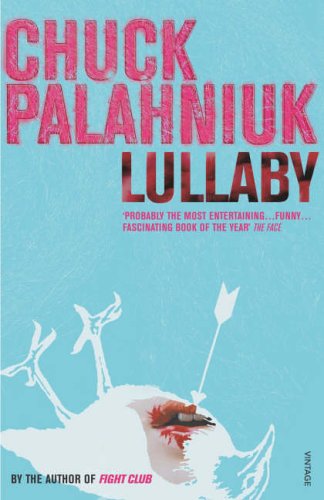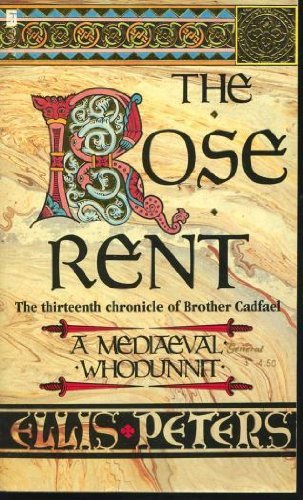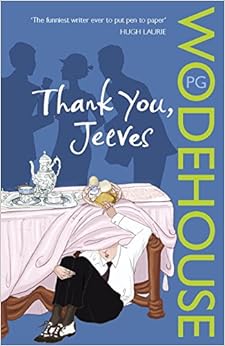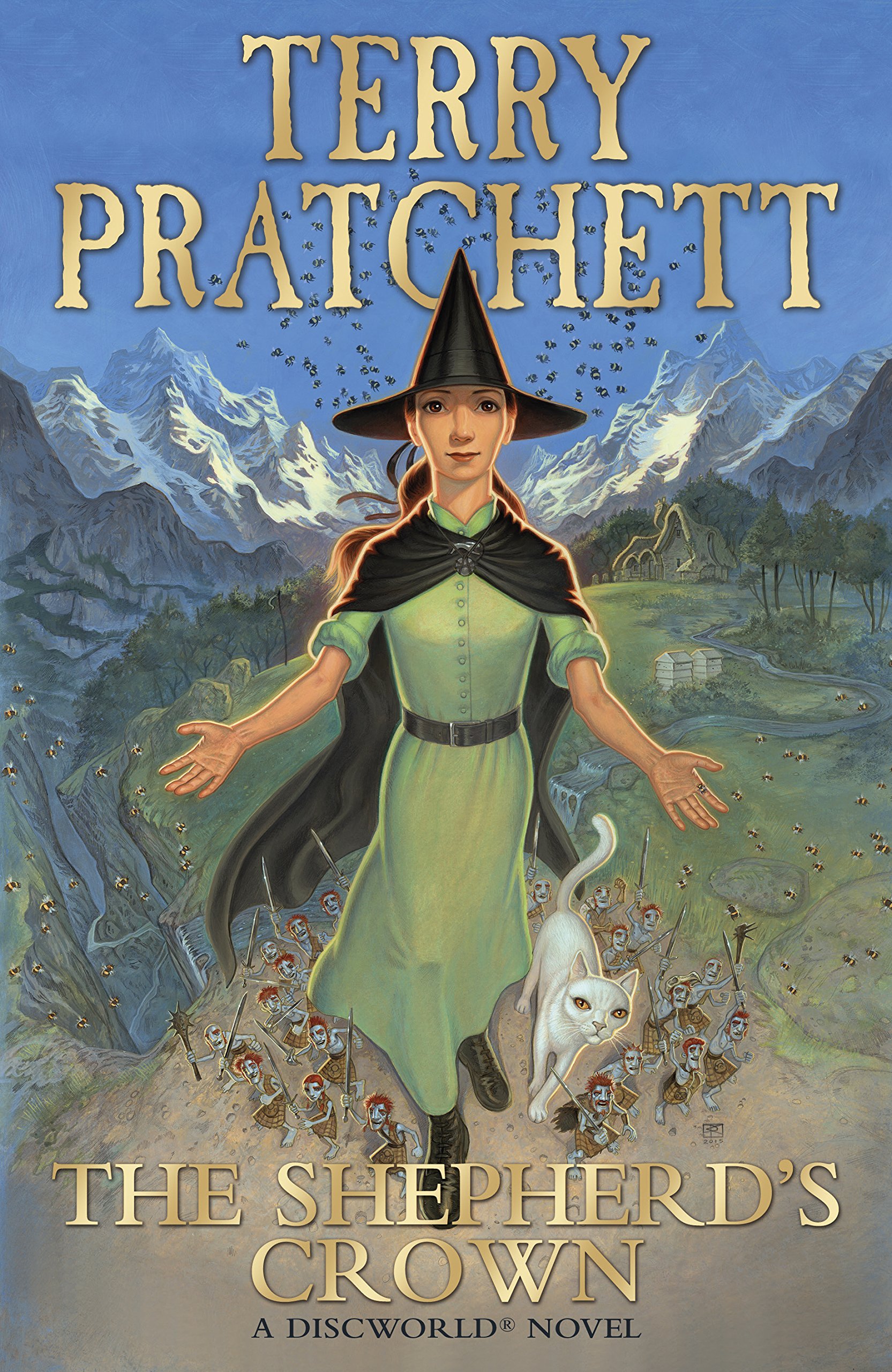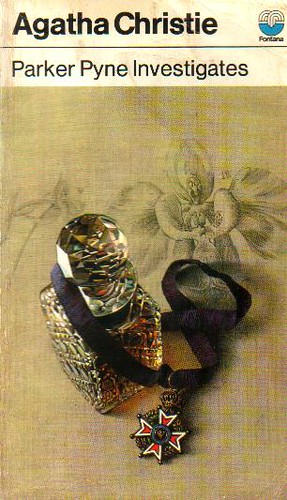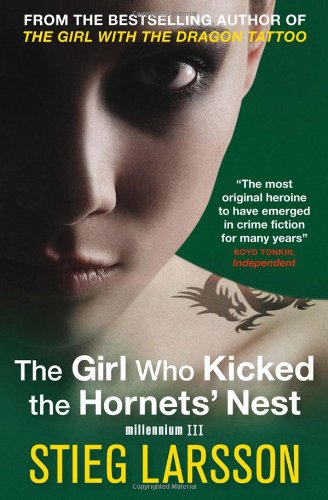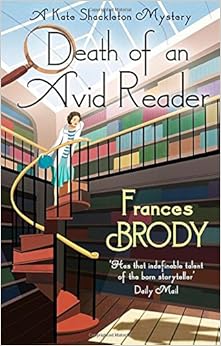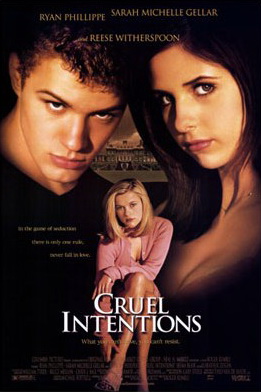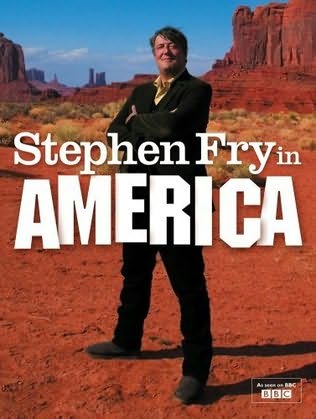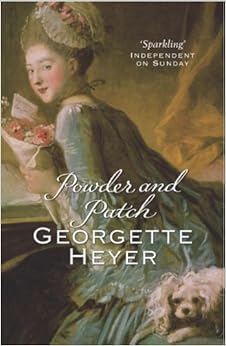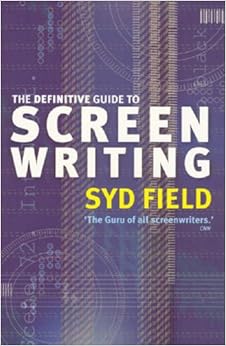It's taken me a long time to finish,
but it was worth every minute. On the cover, The Chronicles of
Thomas Covenant, the Unbeliever
is described as a “classic epic fantasy trilogy”, but it's so
much more than that. Yes, it is an epic fantasy, with rolling hills,
suspiciously elf- and dwarf-like human tribes, giants, orc-like
twisted creatures of evil, and learned Lords who wield magical
staves. I expected that much from the cover and blurb.
However,
the first chapter begins with Thomas Covenant, previously successful
author with wife and child, who was recently diagnosed with leprosy
and as a result lost his family, his respect and his health. We have
an incredibly vivid and moving account of the discovery of his
disease and his sudden change to pariah in his own home in small-town
America. It isn't until Covenant is hit by a police car and concussed
that the 'fantasy' part of the story begins.
Covenant
was warned on diagnosis that many lepers retreat into self-induced
hallucinations to try and escape from the harsh reality of his
disease, and so when he is plunged into a fantastic, beautiful land
where his nerves are healed and he can function as a healthy adult
once more, he doesn't believe any of it. One of the most fascinating
aspects of this trilogy is the narrative viewpoint – instead of a
hero, or even an anti-hero, we have almost a non-participant, a man
who doesn't believe that any of what he's experiencing is real.
Another thing that really sets The Chronicles of Thomas
Covenant apart is the
psychology of disability, which is so deeply and accurately portrayed;
the foreword tells us that Stephen Donaldson's father worked with
lepers in India in the 1940s and 50s, and that the author lived with
him as a child when he was performing this work. His personal
knowledge of the subject is obvious from the poignant, nuanced but
brutally honest portrayal of Covenant's leprosy.
Gender
equality was an unexpected but pleasant surprise, too. In most
male-written fantasy universes sexual division is rife, but in The
Land the council of elders who form a kind of parliament are all
referred to as 'Lords', regardless of their gender. Similarly, when a
couple marries, the wife takes the husband's name, but the husband also
takes the wife's name – for instance, one couple Covenant meets are
named Trell Atiaran-mate and Atiaran Trell-mate. Women are expected
to be just as competent as men, and in fact the High Lord who leads
the council in the second novel is a relatively young woman who is
respected for her personal abilities.
Donaldson's
unusual use of adjectives gives a lurid, dreamlike quality both to
the fantasy Land and to the real-life sections, and he describes scenes
using all of the senses, including touch, smell and taste, not just
sound and vision. He builds a world rich with detail and background
lore, my only criticisms being that he uses certain odd adjectives a
little too often so that they start to jar ('extravagantly' and 'anile' being a couple of
examples) and that I find his characters' habit of bursting into song
or poetry during solemn, ceremonial occasions a little cringe-worthy.
That
said, this is a story full of contradictions and moral ambiguity, and
Donaldson is a master of the cliff-hanger chapter – many times when
reading this I decided to just finish the current chapter and put it down,
but found myself compelled to continue to find out what happened. I
can't recommend this too highly – it has so much more depth and
poignancy than your average fantasy novel, and is a very good epic
fantasy story on top of that.
Next
up: Bridget Jones: Mad About the Boy
by Helen Fielding


